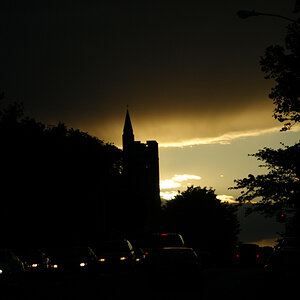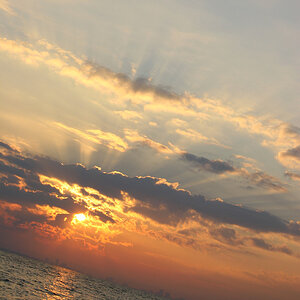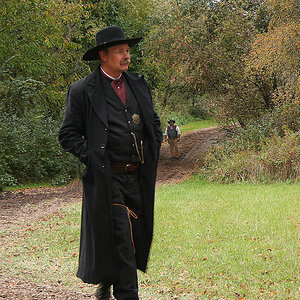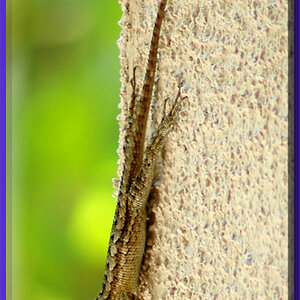Shades of Blue
No longer a newbie, moving up!
- Joined
- Dec 16, 2015
- Messages
- 144
- Reaction score
- 37
- Can others edit my Photos
- Photos OK to edit
I recently shot my sister's wedding with a 50mm f/1.8 and a 55-200. This was my first "real" wedding and it went very very well, and I was pleased with the results. For the shots of the decorations and venue outside, I did throw on the 18-55mm for a few wide shots and was also pleased.
Now, I'm looking into a 18-XXX lens to replace the 18-55 and 55-200. I would like sort of a do it all lens or events where you don't really have time to change lenses or cameras. I just don't know if the 18-200 is really the better choice over say the 18-140.
The 50mm is my favorite lens and I love it, but I needed zoom during the ceremony itself. Yes I could have gotten up close and personal, but I chose to hang back and remain sort of out of the way. I am not shooting weddings on a regular basis, and mainly just did it because my little sis asked me to be her photographer.
So, what do you guys prefer?
Now, I'm looking into a 18-XXX lens to replace the 18-55 and 55-200. I would like sort of a do it all lens or events where you don't really have time to change lenses or cameras. I just don't know if the 18-200 is really the better choice over say the 18-140.
The 50mm is my favorite lens and I love it, but I needed zoom during the ceremony itself. Yes I could have gotten up close and personal, but I chose to hang back and remain sort of out of the way. I am not shooting weddings on a regular basis, and mainly just did it because my little sis asked me to be her photographer.
So, what do you guys prefer?


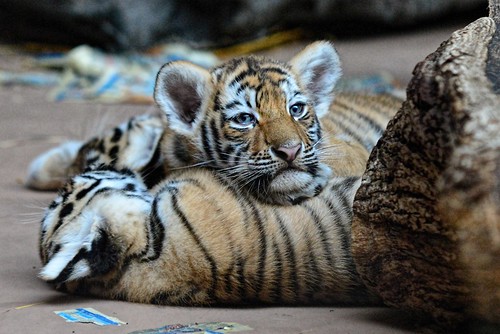 20160905_0533
20160905_0533![[No title]](/data/xfmg/thumbnail/31/31509-b8abaec96e6e375688e269bc89f47652.jpg?1619734858)
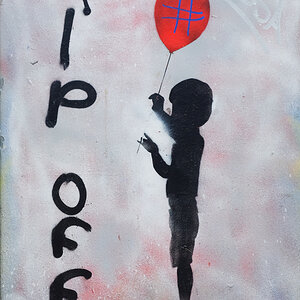
![[No title]](/data/xfmg/thumbnail/32/32160-4e45e524b050f1afae9fd21bf696d61b.jpg?1619735234)
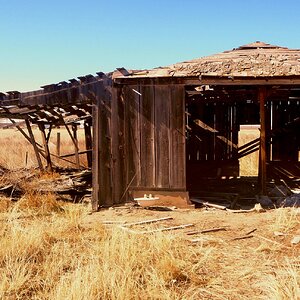
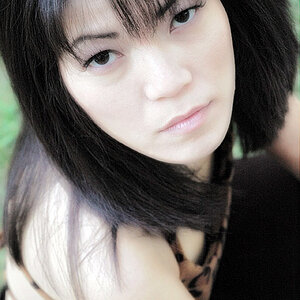
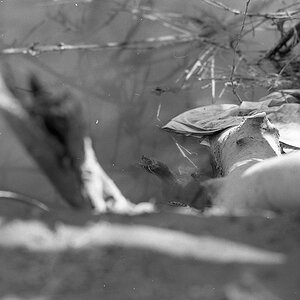
![[No title]](/data/xfmg/thumbnail/32/32161-a5da499a329f1fae945778aac75d4442.jpg?1619735234)
![[No title]](/data/xfmg/thumbnail/37/37614-3833b9d2e46075829c91cf9c0f47af69.jpg?1619738150)
